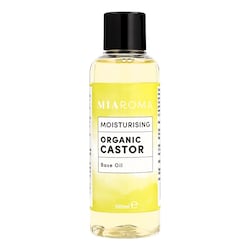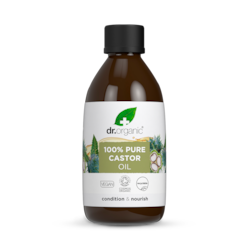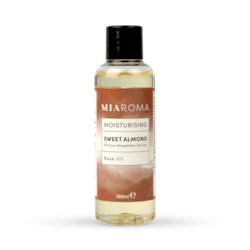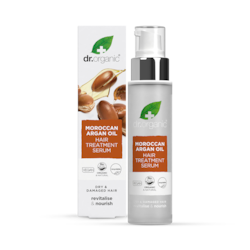15% off £25 OR 20% off £35
Skin Oils
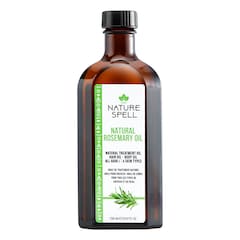
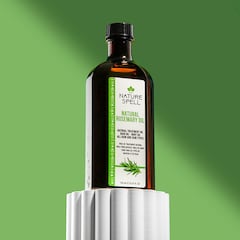
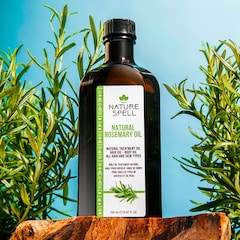
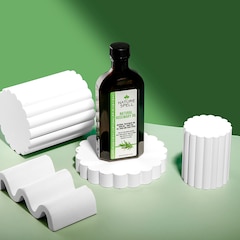
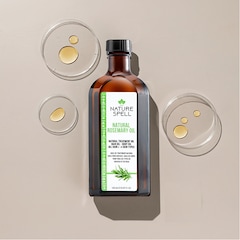
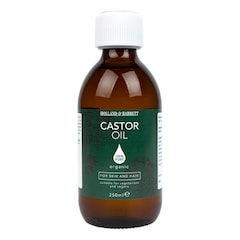
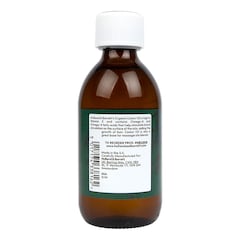
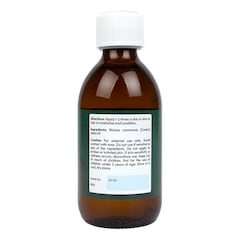
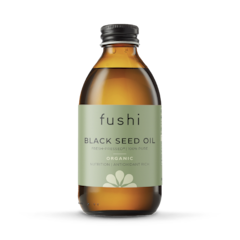
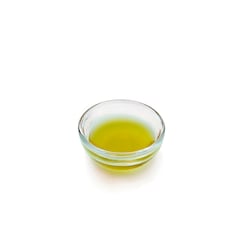
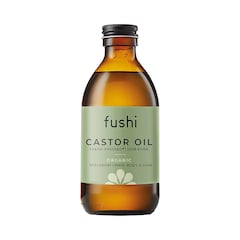
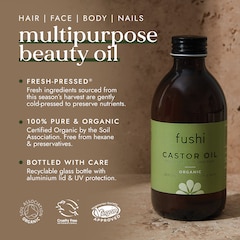
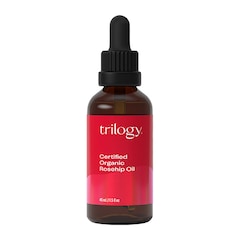
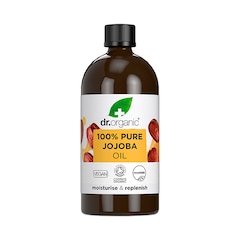
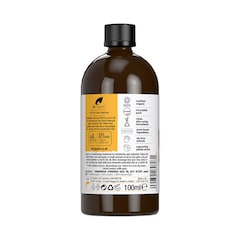
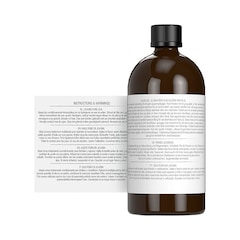
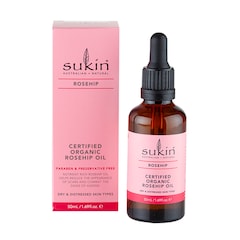
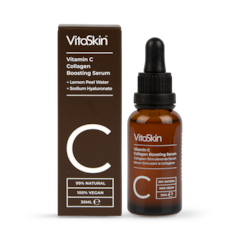
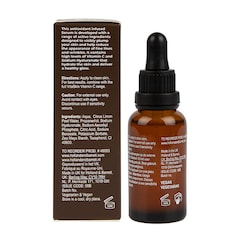
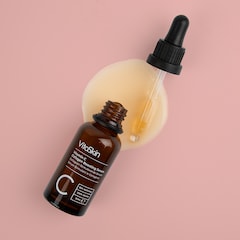
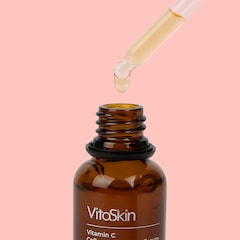

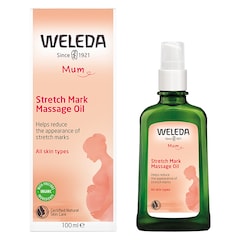
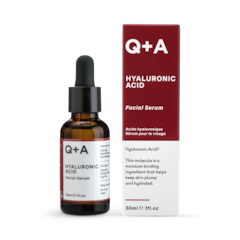

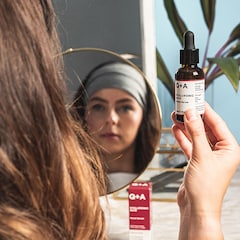
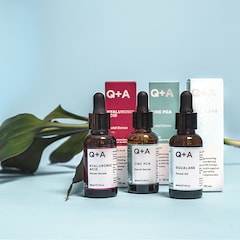
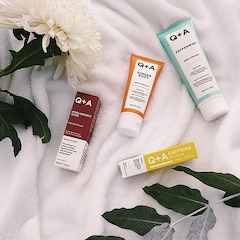
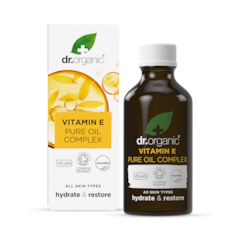
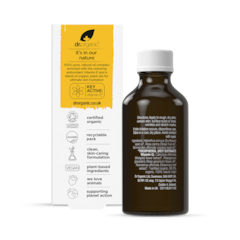
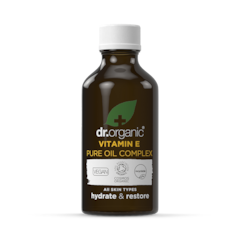
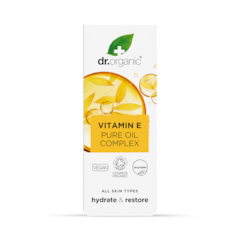
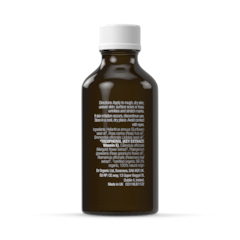
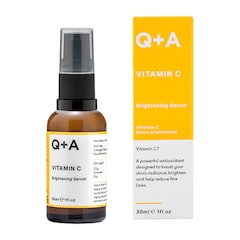
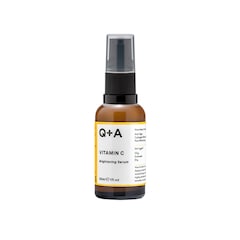
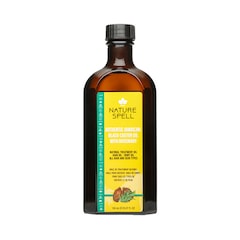
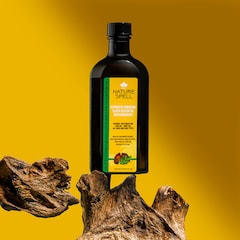
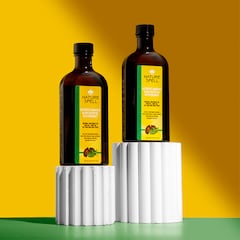
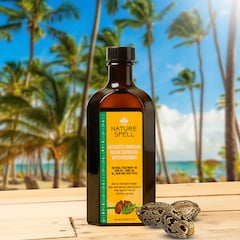
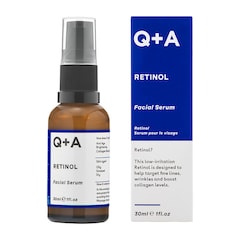
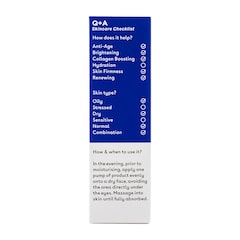
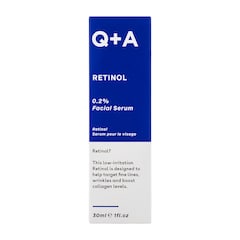
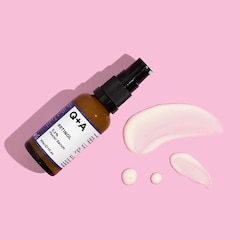
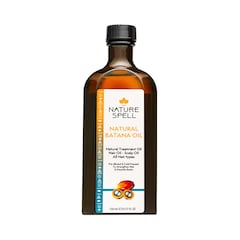
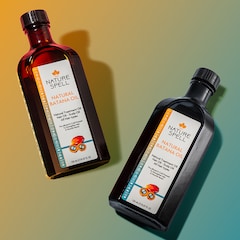
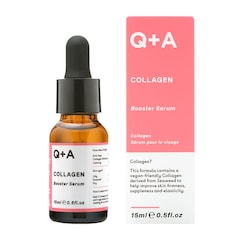
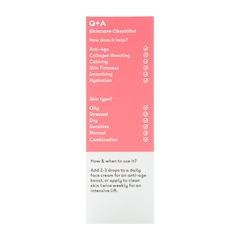
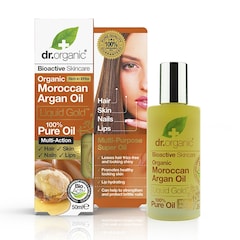
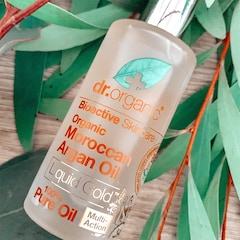
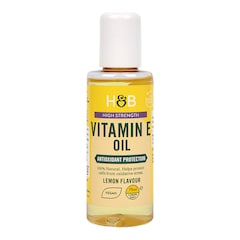
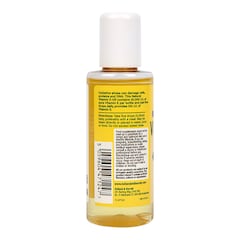
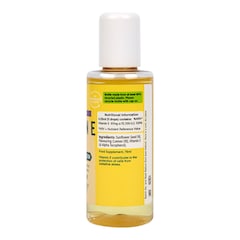
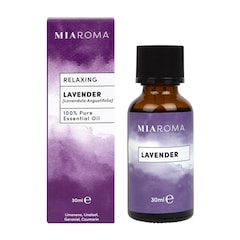

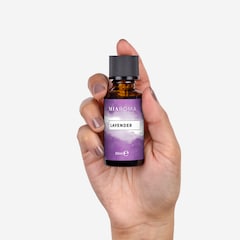
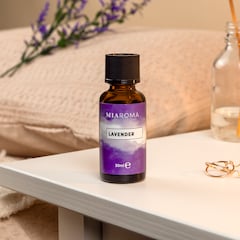
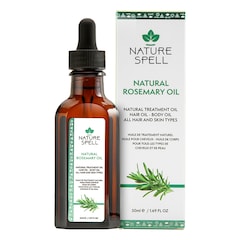
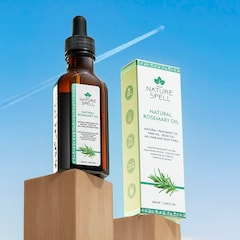
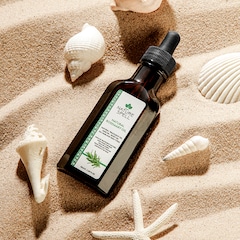
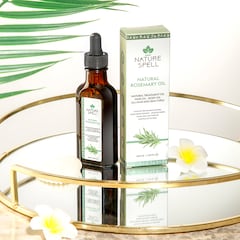
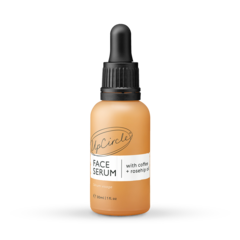
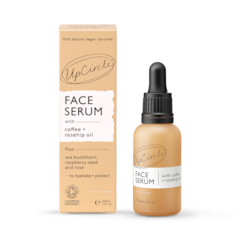
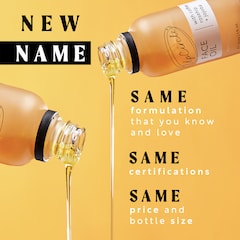
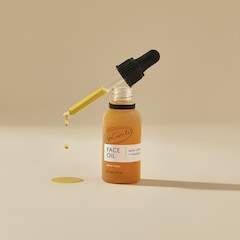
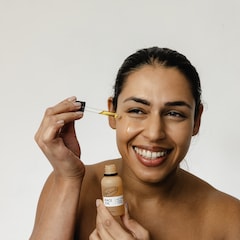
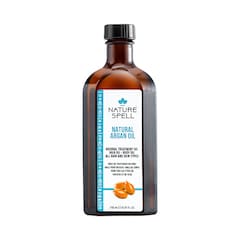
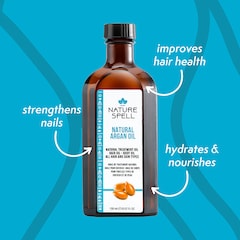
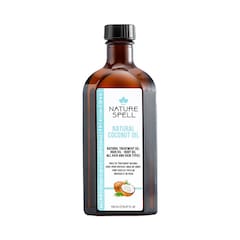
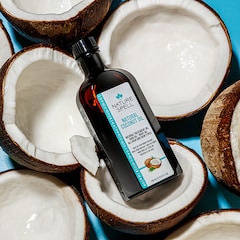
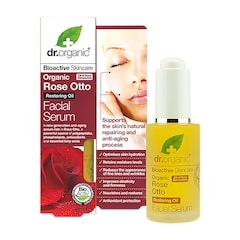
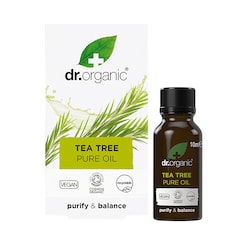
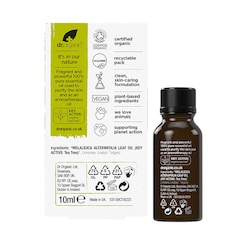
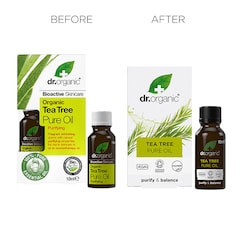
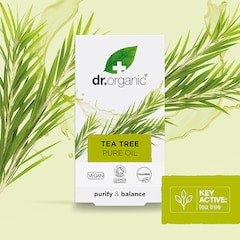
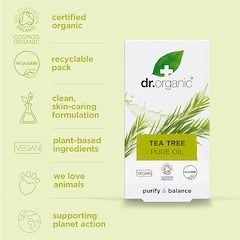
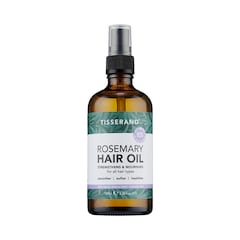
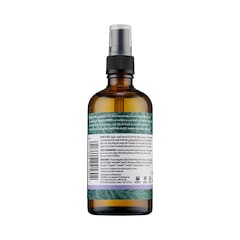
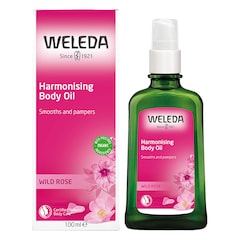
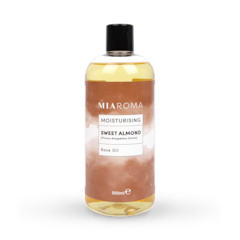
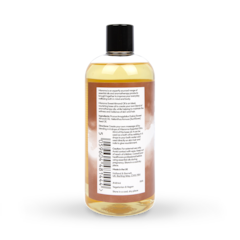

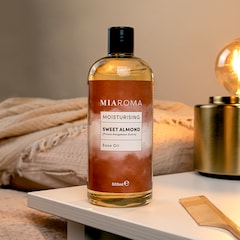
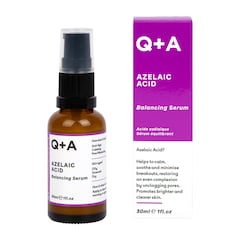
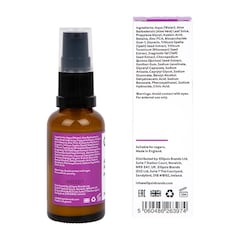
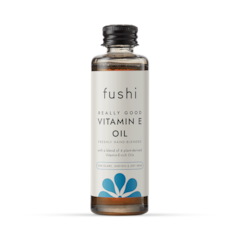
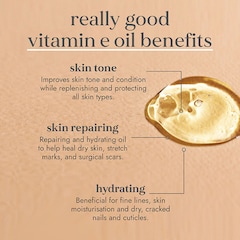
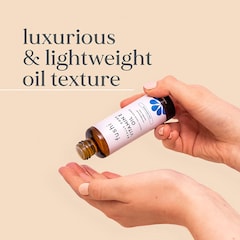
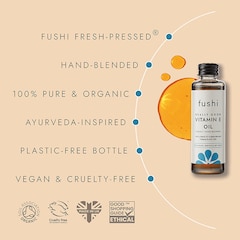
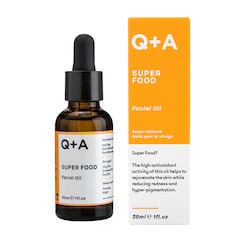
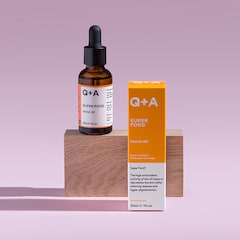
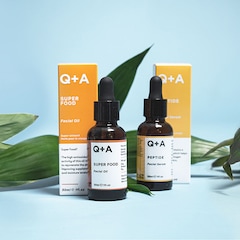
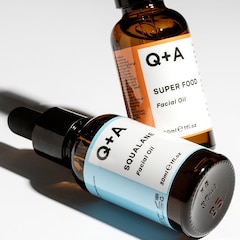
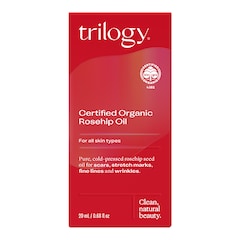
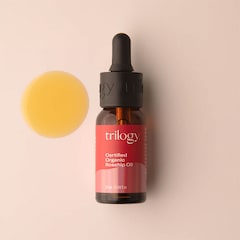
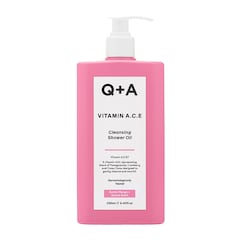
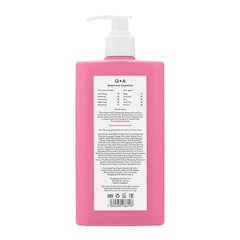
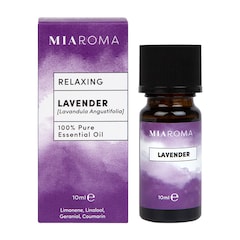
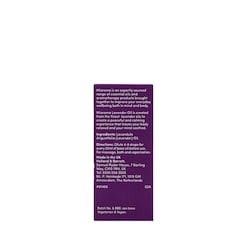

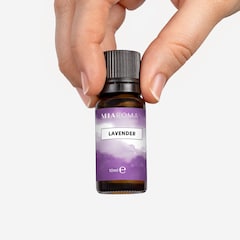
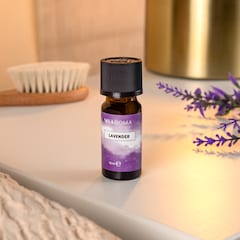
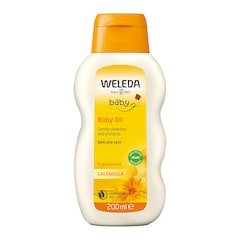
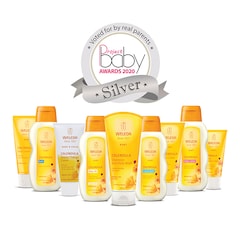
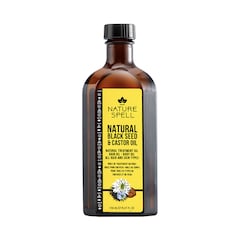
Shop Skin Oils at Holland & Barrett
Essential oils can provide great natural relief for dry skin.
As plant extracts from flowers, leaves, and seeds, essential oils aren’t the same kind of oil as cooking oils.
They tend to be much finer and gentler, and the plants they come from provide a range of extra beneficial properties.
Natural oils for every skin type
There are essential oils for oily skin and essential oils such as tea tree, which are ideal for sensitive or acne-prone skin.
Thicker, natural oils such as coconut oil, shea butter oil, and olive oil have also been used for skin care and hair care for centuries.
They all have a range of moisturising and protective qualities.
Tea tree oil for skin
Tree tree oil is a multi-functional oil which can be used for concerns affecting your skin, nails, and hair.
It can also double as a deodorant, insect repellent, and mouthwash.
Tree tree oil promotes healthy skin by soothing. It has been known to have antiseptic properties which help it to combat oily skin, and soothing properties for easing itchy skin.
Tea tree oil should not be applied directly to the skin. Instead, it typically comes with (or can be added to) a carrier oil such as coconut or almond. Be sure to avoid the eye area when applying.
Using tea tree oil with a carrier oil, you can use it on your scalp to treat dandruff.
How to use diluted tea tree oil
Just apply and leave it on your scalp for around 20 minutes, then rinse out with shampoo and conditioner.
Try Australian Tea Tree Antiseptic Oil which can be used by mixing two drops in 10ml of carrier oil.
Lavender oil
Lavender oil is a great choice if you are looking like to lessen the effects of breakouts and or reduce the appearance of wrinkles.
It is also great for hair health, and can double up as an insect repellent. You can also add a few drops to your pillow for a relaxing sleep.
Lavender oil works well on spot-prone skin because it can help reduce bacteria. It can also soothe dry skin.
The oil’s antioxidants help combat free radicals, which are partly responsible for fine lines.
How to use lavender oil
To apply lavender oil to your skin, you can use a cotton ball, which tends to be more sanitary than using your fingers. Always carry out a skin patch test, especially those who suffer from sensitive skin.
Try Dr Organic Lavender Pure Oil which is 100% pure organic lavender oil. And as you would expect, it has a lovely, relaxing aroma.
Coconut oil
Coconut oil is easily absorbed by the skin. It is a great option because of its health benefits derived from containing vitamin E and has been known to have antifungal and antibacterial properties.
But, both coconut oil and cocoa butter should be avoided if you have oily skin or you are acne prone.
Coconut oil is better suited as a hand moisturiser, lip balm, and general body moisturiser than for use on the face.
As a bonus, you can also use coconut oil to tame frizzy hair, as well as for protecting your heels against dry stiffness.
How to use coconut oil
To use coconut oil for dry hair or hair that is prone to breakage, rub it into the palms of your hands and then work your way along your hair, starting at the roots and finishing at the ends.
Then, comb your hair with a wide-tooth comb, and put it in a ponytail or bun before bed.
To avoid any staining, you can cover your bun in a plastic bag or shower hat. In the morning, simply rinse with conditioner.
Try Dr Organic Virgin Coconut Oil Skin Lotion. This lotion is centred on its organic virgin coconut oil, and includes complementary ingredients such as aloe vera, papaya extract, fruit oils, as well as vitamin C.
It is hydrating and softening, and can be used as part of a daily routine or to quickly soften dry areas of skin.
Almond oil
Almond oil is a little lighter than coconut oil, making it a better option for using on the face. It too contains vitamin E, and it also has zinc, proteins, and potassium.
Miaroma Sweet Almond Oil is a popular choice.
It can be used as a base in your own blend of aromatherapy oils, or directly on the face or body as a softening and nourishing skin oil.
Shop Skin Oils at Holland & Barrett
Essential oils can provide great natural relief for dry skin.
As plant extracts from flowers, leaves, and seeds, essential oils aren’t the same kind of oil as cooking oils.
They tend to be much finer and gentler, and the plants they come from provide a range of extra beneficial properties.
Natural oils for every skin type
There are essential oils for oily skin and essential oils such as tea tree, which are ideal for sensitive or acne-prone skin.
Thicker, natural oils such as coconut oil, shea butter oil, and olive oil have also been used for skin care and hair care for centuries.
They all have a range of moisturising and protective qualities.
Tea tree oil for skin
Tree tree oil is a multi-functional oil which can be used for concerns affecting your skin, nails, and hair.
It can also double as a deodorant, insect repellent, and mouthwash.
Tree tree oil promotes healthy skin by soothing. It has been known to have antiseptic properties which help it to combat oily skin, and soothing properties for easing itchy skin.
Tea tree oil should not be applied directly to the skin. Instead, it typically comes with (or can be added to) a carrier oil such as coconut or almond. Be sure to avoid the eye area when applying.
Using tea tree oil with a carrier oil, you can use it on your scalp to treat dandruff.
How to use diluted tea tree oil
Just apply and leave it on your scalp for around 20 minutes, then rinse out with shampoo and conditioner.
Try Australian Tea Tree Antiseptic Oil which can be used by mixing two drops in 10ml of carrier oil.
Lavender oil
Lavender oil is a great choice if you are looking like to lessen the effects of breakouts and or reduce the appearance of wrinkles.
It is also great for hair health, and can double up as an insect repellent. You can also add a few drops to your pillow for a relaxing sleep.
Lavender oil works well on spot-prone skin because it can help reduce bacteria. It can also soothe dry skin.
The oil’s antioxidants help combat free radicals, which are partly responsible for fine lines.
How to use lavender oil
To apply lavender oil to your skin, you can use a cotton ball, which tends to be more sanitary than using your fingers. Always carry out a skin patch test, especially those who suffer from sensitive skin.
Try Dr Organic Lavender Pure Oil which is 100% pure organic lavender oil. And as you would expect, it has a lovely, relaxing aroma.
Coconut oil
Coconut oil is easily absorbed by the skin. It is a great option because of its health benefits derived from containing vitamin E and has been known to have antifungal and antibacterial properties.
But, both coconut oil and cocoa butter should be avoided if you have oily skin or you are acne prone.
Coconut oil is better suited as a hand moisturiser, lip balm, and general body moisturiser than for use on the face.
As a bonus, you can also use coconut oil to tame frizzy hair, as well as for protecting your heels against dry stiffness.
How to use coconut oil
To use coconut oil for dry hair or hair that is prone to breakage, rub it into the palms of your hands and then work your way along your hair, starting at the roots and finishing at the ends.
Then, comb your hair with a wide-tooth comb, and put it in a ponytail or bun before bed.
To avoid any staining, you can cover your bun in a plastic bag or shower hat. In the morning, simply rinse with conditioner.
Try Dr Organic Virgin Coconut Oil Skin Lotion. This lotion is centred on its organic virgin coconut oil, and includes complementary ingredients such as aloe vera, papaya extract, fruit oils, as well as vitamin C.
It is hydrating and softening, and can be used as part of a daily routine or to quickly soften dry areas of skin.
Almond oil
Almond oil is a little lighter than coconut oil, making it a better option for using on the face. It too contains vitamin E, and it also has zinc, proteins, and potassium.
Miaroma Sweet Almond Oil is a popular choice.
It can be used as a base in your own blend of aromatherapy oils, or directly on the face or body as a softening and nourishing skin oil.
